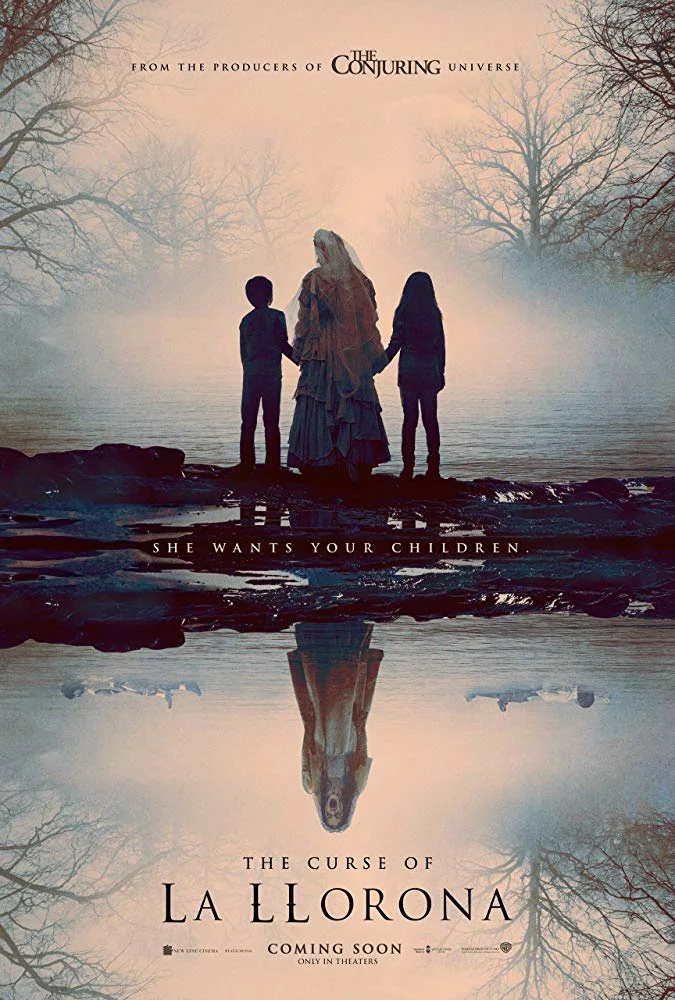It: Chapter 2
Ten Second Review: An overall average showing for what was a promising sequel. The misuse of violence for shock factor, instead of actual narrative development, only highlights the juvenility of the film makers.
I don’t think anyone would suggest that It is an easy book to adapt. It’s huge and operates in a space between pure horror and supernatural thriller. It’s so filled with nuance that to accurately retell it would not only lead to it being several movies long but potentially unwatchable. That’s not even to approach some of the things that would really not play well with a film audience if you tried to show it on screen.
This second film in the series brings us 27 years forward to seeing the Losers club as adults. They’ve mostly been very successful but when Mike calls them to bring them back to Derry to fight it they all fall to pieces. Reactions ranging from shaking and vomiting to suicide illustrate to fear that It brings on in that moment. When they return to Derry they will have to face off against their greatest fears all over again to try a kill It once and for all.
The move to separate the text into a whole film about the Losers younger years then a film interspersing their adult selves with more scenes of them as children is a good one. We build a grounding in likeable child characters played by likeable and supremely talented child actors. Don’t think I could say the same for all their adult counterparts. For the most part there are mannerisms that transfer through to the older characters but bar James Ransone and Bill Hader the characters don’t feel fully realised in their adult counterparts.
It was also a good move to remove any attempt to fully realise King’s ending. It contains some of King’s weirdest writing and while it’s reads quite well, I think commuting it to screen might be rather difficult and end in laughter rather than sincere enjoyment. If you would prefer a version with a magical universe vomiting turtle then you’re in luck, there’s a version written and ready for you.
I would say that the film misses the mark on scary and doesn’t best utilise it’s characters or actors to capitalise on the groundwork of the first film. I would also say that I didn’t go and watch It Chapter 2 for some paint by numbers jump scares. While this was annoying, my real disdain for this film comes from its handleing of more delicate topics and graphic scenes.
As I mentioned earlier, no one would suggest this book is easy to condense into two films. It’s like 1,300 pages long, depending on the edition you have. While the filmakers were wise to entirely cut out supernatural turtles, they should have been careful where they chose to only cut some parts of certain narrative strings.
When King depicts the brutal homophobic assault of Adrian, he does so with narrative intent in mind. Not only does it highlight the intolerance in Derry, similarly to the treatment of Mike, but the subsequent investigation tells us more. We see the passivity of Derry’s police force and the willingness to turn a blind eye to the goings on in the town. It highlights intolerant attitudes and works as a plot device. Alternatively, the film uses it as an excuse to brutalise an LGBT person with little to no reference back to the scene for the duration of the plot. You could argue that it’s a jarring way to start a film and is intended to put you off center, but the assault alone would be enough for that.
There is a similar handling of Bev’s abusive husband. King has him feature as a character for a longer portion of the story, following Beverly to Derry and eventually dying at sight of It. In the film, Tom attacks Bev when she tries to leave and we literally never see him again. A particularly charitable argument explains that he mirrors her father but that really isn’t a particularly good reason to include the scene when this is again never fully realised or developed. It only serves to again brutalise a character and pretend it has something to do with the story. It has something to do with King’s story, not this one.
This movie is a three out of seven, maybe four if you’re being generous, but given its wanton and unnecessary use of violence I feel no remorse grading it lower. “Filmmakers” need to understand that it’s not “woke” to include the brutalisation of marginalised groups as a tool to shock your audience if you’re not even going to address why you did it. They also need to learn that adapting a story doesn’t mean just picking and choosing scenes you wanna shoot, but carrying through the themes and understandings where necessary. If I wanted to watch a collection of scenes that look cool but have no successful over arching themes and structure, I’d watch Justice League. Personally, I’ll be re-watching the first chapter of the pair when I next need my creepy clown fix.






